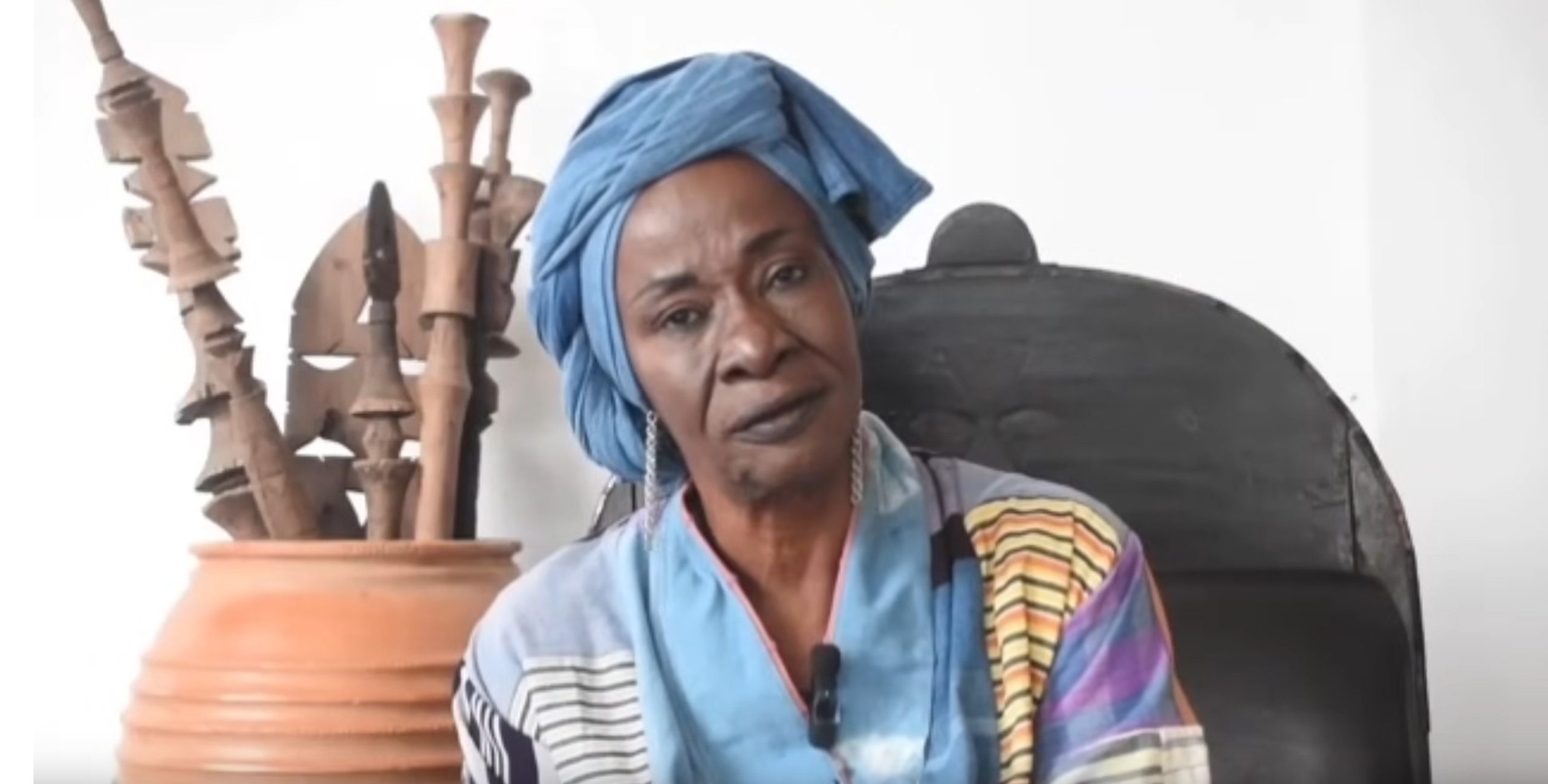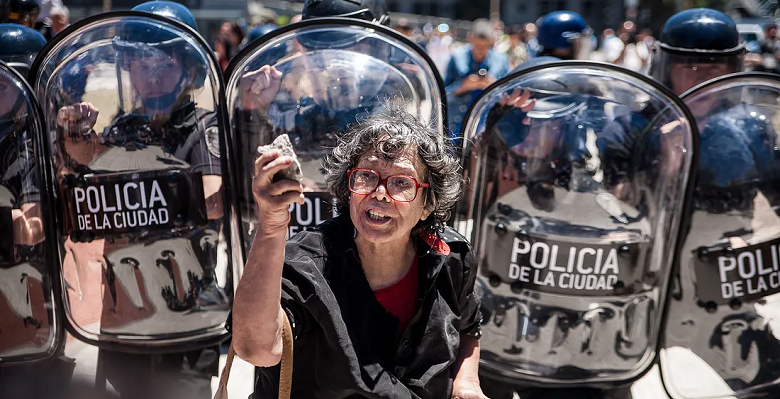CETIM focuses on the promotion and implementation of economic, social and cultural rights (ESCR). They are the backbone of human rights and a powerful tool for achieving a self determinated development model by peoples. This is particularly true for the most vulnerable and marginalised populations. Properly implemented, these rights contribute to the respect for human dignity and to the achievement of social justice. On the contrary, the violation of any of them can jeopardise the enjoyment of all the others.
The universality, indivisibility and interdependence of human rights are enshrined in international instruments. Yet, we are still a long way from their effective implementation for all, and ESCR are among the worst off. Indeed, the basic needs (food, water, health, housing, education) of a third of humanity are still not being met. In some respects, the situation has even deteriorated, including in the countries of the North. This is due to the fact that the policies adopted at economic level accentuate ESCR violations and cause
– increased poverty
– growing inequality across the world
– multiple crises (political, economic, financial, environmental, social and cultural).
By definition, human rights are designed to protect citizens from the arbitrary actions of the most powerful and their governments
The international health crisis linked to COVID-19 has only exacerbated this situation. It has also shown the importance of implementing public policies based on ESCR. In particular, the right to health, the right to housing, the right to food, the right to water, the right to work, the right to education and the right to social security.
But for human rights to be better respected, they must be known, they must be demanded and they must be enforced. However, victims are often unaware of their rights and of the mechanisms available to them for appealing (at national, regional or international level). States, which have an obligation to inform and educate their citizens about human rights, often fail in their duties.
The role played by civil society organisations and social movements in human rights education and training is therefore crucial
– to denounce human rights violations
– to contribute to the implementation of existing standards.
HUMAN RIGHTS COUNCIL 58th session 24 February – 04 April 2025 [Extract from the declaration] ‘Faced with an international financial system that hinders the ability of governments to guarantee the right to food and protects the interests of agribusiness and speculative financial institutions, a change of course is needed. As the report points out, this […]
Continue reading
HUMAN RIGHTS COUNCIL 58th session 24 February – 04 April 2025 [Excerpt from the statement] ‘As analysed in our recent book on ESC rights, the neo-liberal economic policies implemented worldwide over the last four decades have profoundly changed the economic environment and labour relations. Offshoring, anti-union practices, precarious employment and unemployment have become almost commonplace […]
Continue reading
HUMAN RIGHTS COUNCIL 57th session 9 September – 11 October 2024 Argentina is experiencing a profound food crisis. According to UNICEF, one in two households with children stopped buying food because of lack of money. In addition, more than one million children have had to skip one meal a day for lack of money. Read […]
Continue reading
At our conference on 24 September 2024 ‘The confederation of Sahel states: A pan-African renaissance?’ Aminata Traoré, a former minister in the government of Mali, gives us her insightful view of the situation of the Alliance of Sahel States (AES). Whether from an economic or social perspective, she helps us to understand an extraordinary situation. […]
Continue reading
PRESS RELEASE Geneva – Buenos Aires, 2 October 2024 – As part of the 57th session of the UN Human Rights Council, CETIM and the Centre for Legal and Social Studies (CELS) denounced the grave human rights situation in Argentina during the debate on urgent situations requiring the Council’s attention. The two organisations warned about […]
Continue reading
1
2
3
…
34
Next »




